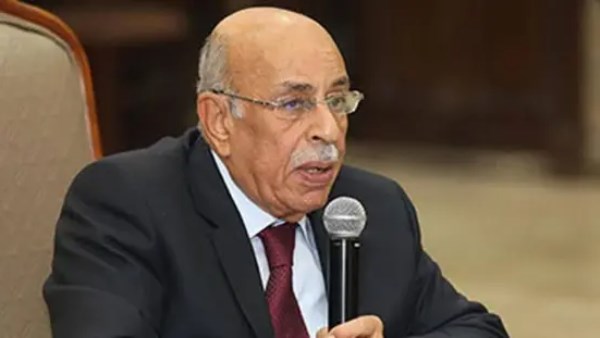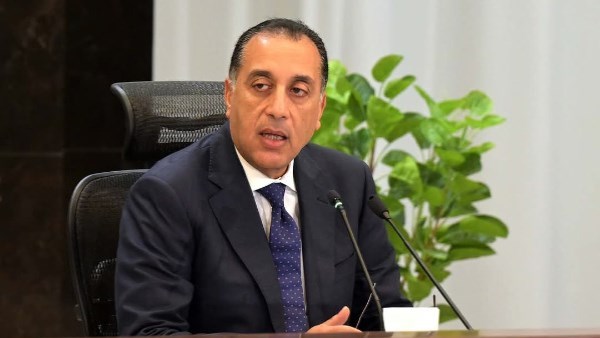
Russia denied violating Estonian airspace,
After diplomatic blitz on Ukraine and Gaza, Trump moves to passenger seat

Pentagon officials sat down with a group of European diplomats in late August and delivered a stern message: The U.S. planned to cut off some security assistance to Latvia, Lithuania and Estonia, all NATO members bordering Russia.
More broadly, Pentagon official David Baker told the group, according to an official with direct knowledge of the comments, Europe needed to be less dependent on the U.S. Under President Donald Trump, the U.S. military would be shifting its attention to other priorities, like defense of the homeland.
Some European diplomats fretted that the move could embolden Russian President Vladimir Putin.
On Friday, they may have been proven right.
Russian MiG-31 jets entered Estonian airspace for roughly 10 minutes, Estonia said, before being chased away by Italian F-35s. Russia denied violating Estonian airspace, saying its jets flew over neutral waters.
Hours later, Russian jets buzzed a Polish oil platform, Warsaw said. Last week, Russian drones were downed in Poland.
The U.S. response to those incidents has so far been muted. Trump did not address the latest incursion for several hours, before saying it could be "big trouble." After last week's Polish incident, he posted cryptically on his Truth Social app: "Here we go!"
His responses appear to fit an emerging pattern.
After months of proposing both ideas to solve or intermediate some of the world's most intractable conflicts, Trump has largely withdrawn from diplomacy in recent weeks. Instead, he has allowed and in some cases pressed allies to take the lead, with only distant promises of U.S. help.
He has increasingly turned his attention to domestic issues, like tackling crime, confronting what he calls violent left-wing extremism and overhauling a major visa program.
RETURNING TO FORM
After an intense summer of diplomacy, including hosting Putin in Alaska, Trump has told Europeans they must impose punishing sanctions on buyers of Russian oil if they expect Washington to tighten the financial screws on Moscow over its war in Ukraine.
After the U.S. president spent the first several months of his term trying to secure a ceasefire between Israel and the Palestinian militant group Hamas, he has lately shrugged off moves by Israel that would seem to undermine the possibility of a deal to end the war in Gaza.
White House officials protested when Israel bombed a Hamas office located in the territory of U.S. ally Qatar but took no action. When Israel launched a controversial military advance on Gaza City, Trump did not object, even as European and Arab allies condemned the move, which seemed likely to doom peace talks.





-1120252475029447.jpg)














